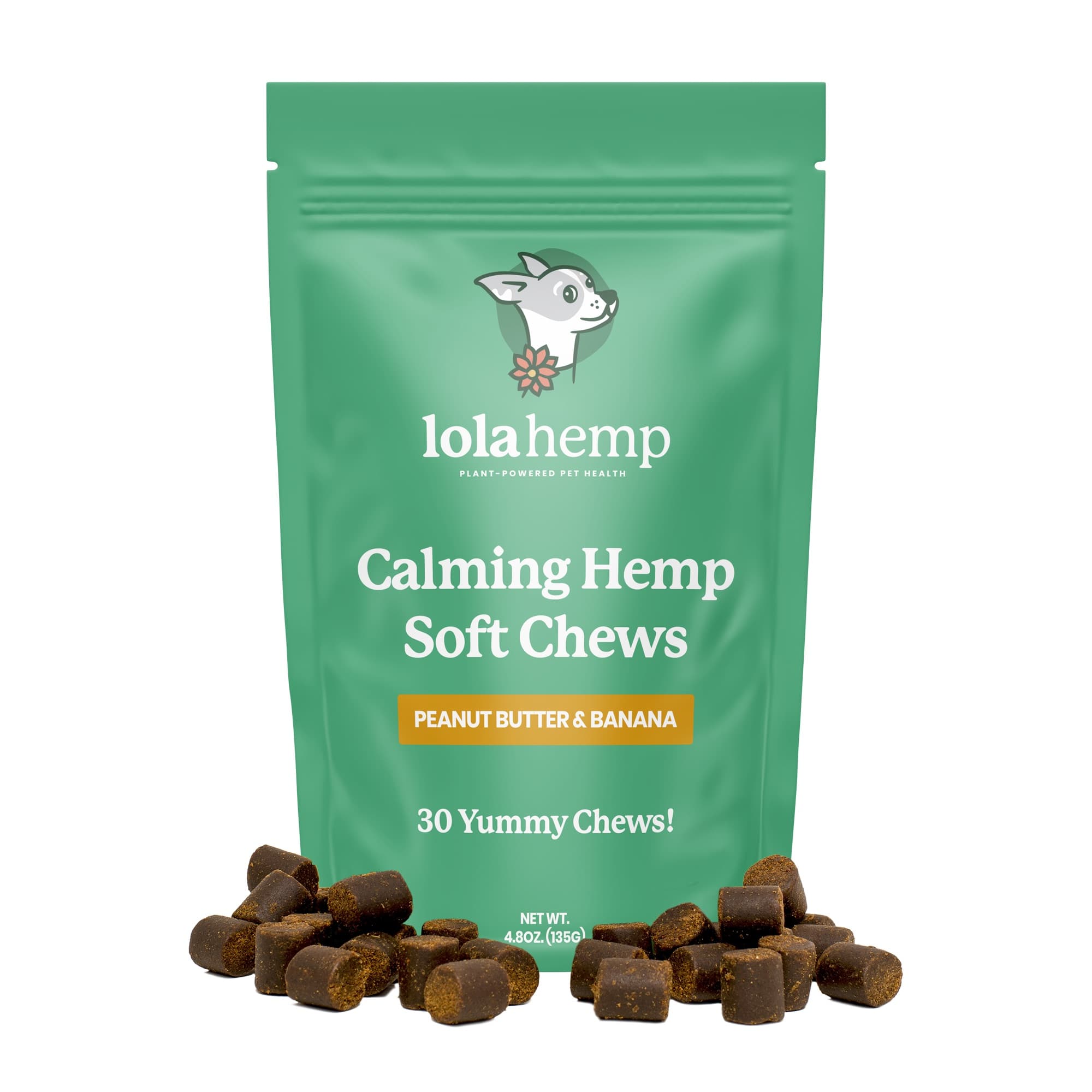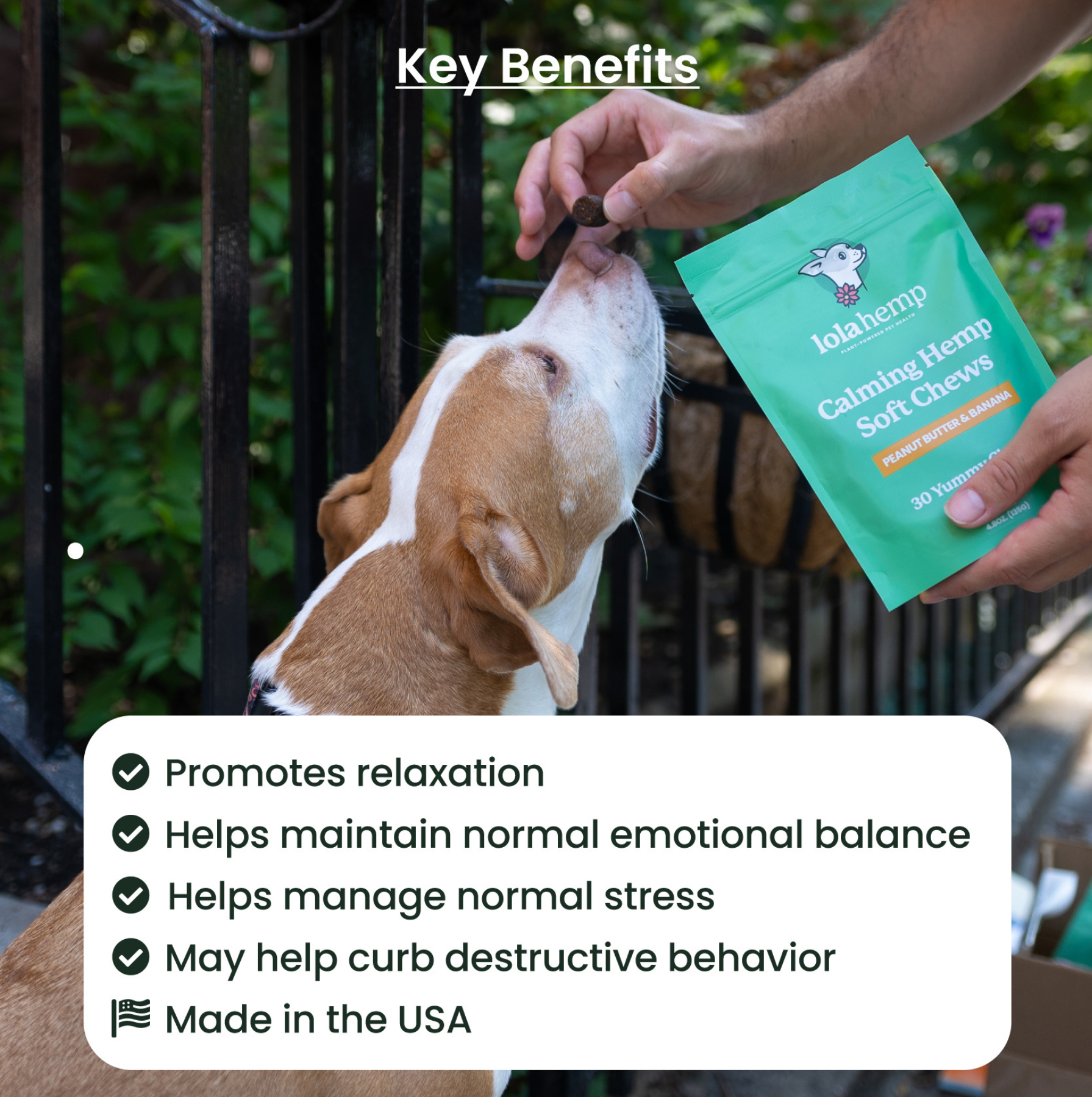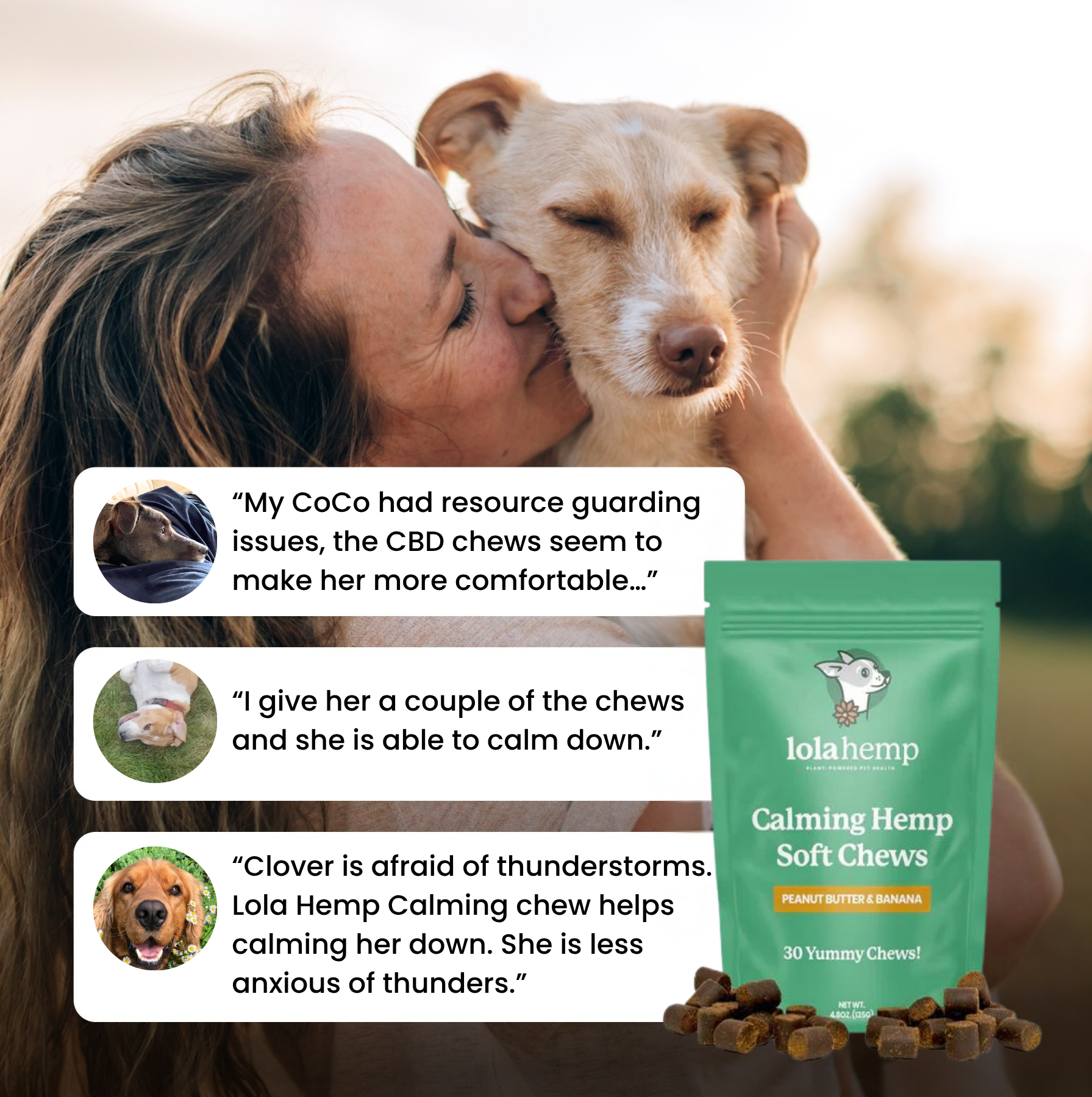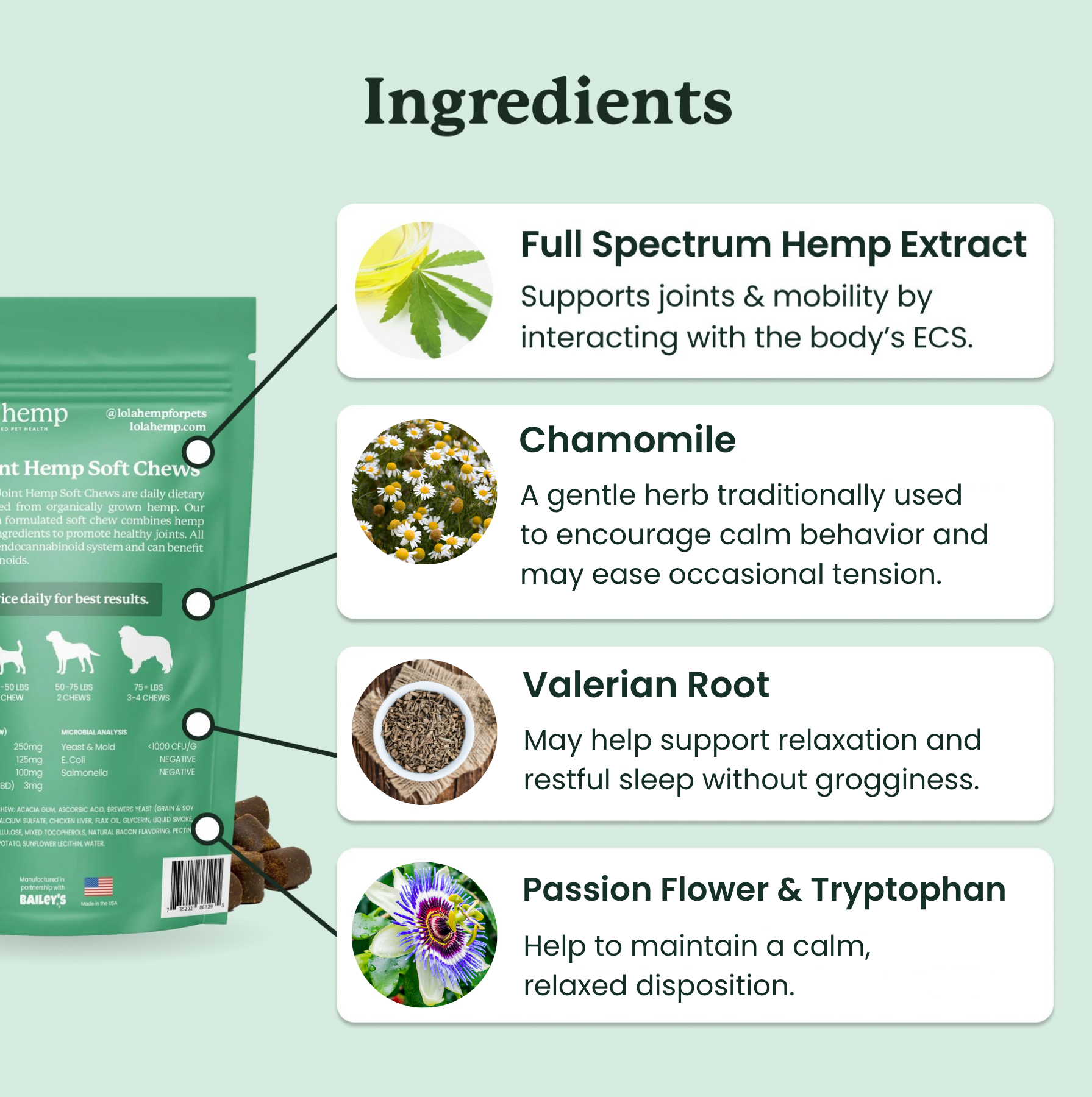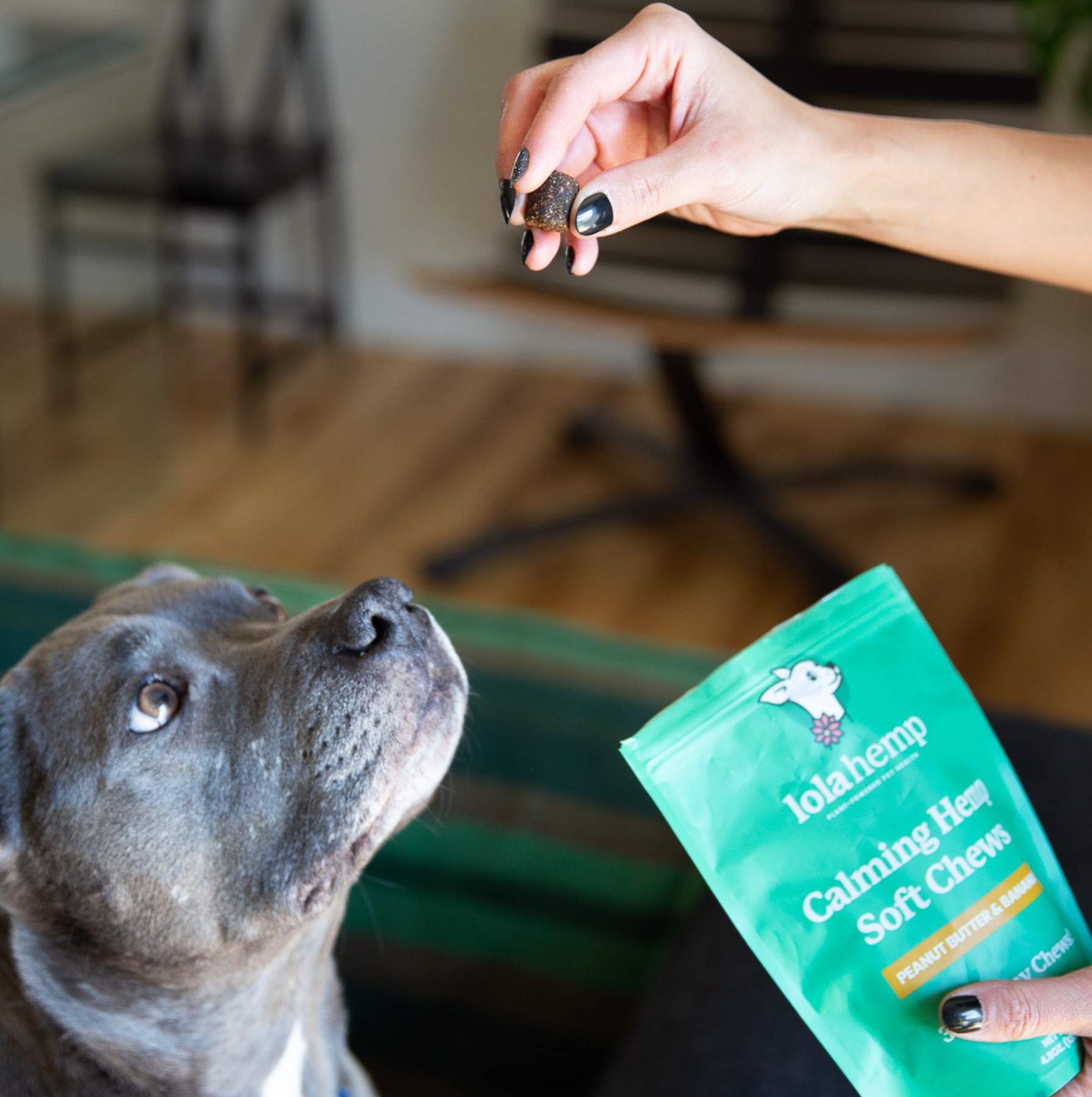As a pet parent, managing dog aggression can be challenging. Whether it stems from fear, anxiety, or past trauma, aggression can strain the bond between you and your pet.
While professional training is essential, natural remedies can play a supportive role in calming aggressive behavior. By integrating safe, holistic options, you can address underlying causes and promote calm in your dog.
What Are the Best Natural Options for Dog Aggression?
Holistic approaches can offer natural ways to manage dog aggression effectively. Remedies like CBD may help reduce anxiety, which can contribute to aggressive behavior.
These remedies are most effective when used under a veterinarian’s guidance to ensure proper dosage and suitability for your dog’s needs. Here are five options to consider:
- CBD oil
- Chamomile
- Valerian root
- Passionflower
- L-theanine
Let’s briefly discuss each of these natural options:
CBD Oil
CBD oil is known for its calming properties, which may help pets maintain a relaxed disposition. Anxiety is a common trigger for aggression, and CBD may help your dog feel more at ease.
For dogs experiencing discomfort, CBD oil supports a normal inflammatory response, potentially contributing to a sense of calm.
Chamomile
Chamomile is known for its soothing effects, making it a popular option for promoting relaxation and calming an overactive mind.
Valerian Root
Valerian root is widely used for its calming and relaxing properties. It may help calm dogs with extreme nervousness or fear-induced aggression.
Passionflower
Passionflower (Passiflora incarnata) supports calmness by increasing GABA levels in the brain, which can reduce fear and hyperactivity. It is often used for aggression triggered by separation anxiety.
L-theanine
L-theanine is an amino acid found in green tea that promotes relaxation without drowsiness. It may benefit dogs that exhibit aggression due to general anxiety.
Do Natural Remedies Really Work for Aggression?
Natural remedies may help manage dog aggression by promoting a sense of calm. Since most aggression is linked to stress, anxiety, or environmental factors, addressing these underlying causes can reduce the likelihood of aggressive outbursts.
However, these options are not a standalone solution. Aggression stemming from past trauma or other complex issues may require professional training and veterinary support.
Combining natural remedies with proper care and training can support your dog’s overall well-being. Always monitor your dog’s response and consult your veterinarian if aggression persists.
How to Combine Behavioral Training & Natural Remedies for Your Dog
To address aggression effectively, natural remedies should complement behavioral training. Start by identifying triggers like unfamiliar people, separation anxiety, loud noises, or resource guarding. Work with a professional trainer to create a tailored plan for your dog.
Natural remedies like CBD oil can be administered before a training session to support calmness. Similarly, chamomile or valerian root may help in specific situations like car rides or vet visits. Over time, this holistic approach can help your dog develop healthier responses to stressors.
Frequently Asked Questions About Natural Remedies for Dog Aggression
Can natural remedies really help calm an aggressive dog?
Yes, natural remedies such as CBD, chamomile, and valerian root may help reduce stress and anxiety, which are common triggers for aggression. They work best when combined with consistent training and care.
Is CBD safe for aggressive dogs?
CBD is generally safe for dogs when used properly. It may help promote relaxation and reduce anxiety-driven aggression. Always consult your veterinarian to ensure correct dosage and product quality.
How long does it take for natural remedies to show results?
Some dogs may respond within a few days, while others may take several weeks to show improvement. Consistency and proper dosing are key for lasting results.
Can I use multiple natural remedies together?
Some remedies, like CBD and chamomile, can be used together under veterinary supervision. Your vet can help ensure there are no adverse interactions between supplements.
When should I seek professional help for dog aggression?
If your dog’s aggression is severe, escalating, or directed toward people or other pets, seek guidance from a veterinarian or certified animal behaviorist immediately.

